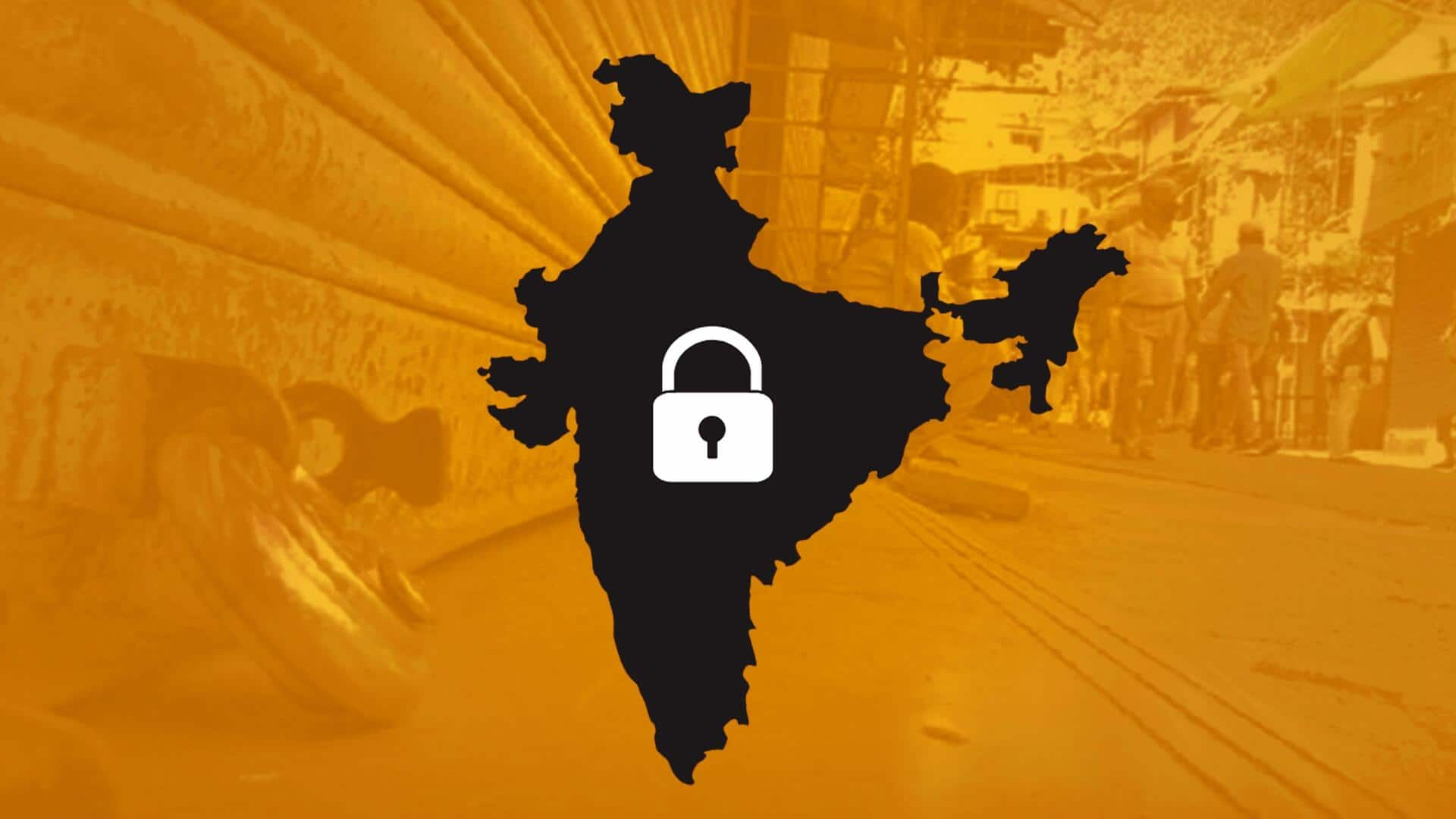
Here's everything to know about Bharat Bandh on August 21
What's the story
The Reservation Bachao Sangharsh Samiti has announced a nationwide shutdown on Wednesday to protest the Supreme Court's ruling on "quota within quota." On August 1, the court permitted states to create sub-categories within SCs and STs, saying that "those who really need it should get priority in reservation." The Bharat Bandh has been called to demand a reversal of the court's order. Here's what to expect, what will be closed, and everything else you need to know about the shutdown.
Security measures
Civil and police officials on alert
In response to the call for bandh, senior civil and police officials convened a meeting to evaluate preparations for the shutdown and to prevent any violence. Divisional commissioners, district magistrates, and senior police officers participated via video conferencing, receiving instructions to remain vigilant. Notably, western Uttar Pradesh has been identified as particularly sensitive area and the police are on high alert. Authorities are taking significant measures to ensure public safety during the protests, several reports said.
Strike impact
What will remain open
Emergency services, including ambulances, hospitals, and medical services, will remain fully operational during the bandh. Police services will also be active, ensuring public safety. Pharmacies will stay open to provide essential medications. According to reports, government offices, banks, schools, and colleges will continue to operate as usual. The Bharat Bandh is expected to receive backing from various social and political organizations, reports added.
Sub-classification
What was the SC verdict
On August 1, the Supreme Court's seven-judge Constitution bench approved the sub-classification within the SC and ST categories to enhance reservation in jobs and education for the most marginalized groups. The landmark ruling—delivered by Chief Justice of India DY Chandrachud's bench with a 6:1 majority—saw Justice Bela Trivedi dissenting. The bench issued six separate judgments. This decision overturned the 2004 ruling by a five-judge Constitution bench in the case of EV Chinnaiah vs State of Andhra Pradesh.